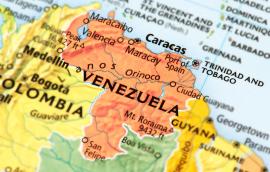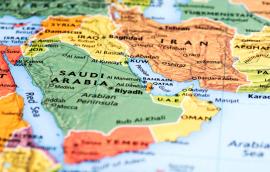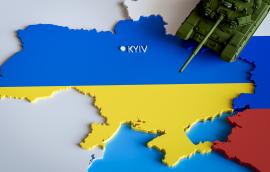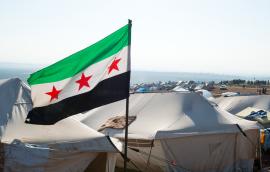From Desert Storm to Implementation Day, a Gulf of Expectations
With the implementation of the Iran nuclear agreement, many Gulf Cooperative Council states now openly wonder whether U.S. support can still be relied upon, given the speed with which the U.S. government has engaged Iran in negotiation and diplomacy since 2013. This incomprehension may lead to further instability in the Middle East as the Gulf States continue to take increasingly unilateral action in Yemen and other regional conflict zones, fellow for the Middle East Kristian Coates Ulrichsen writes.
Kristian Coates Ulrichsen January 19, 2016









